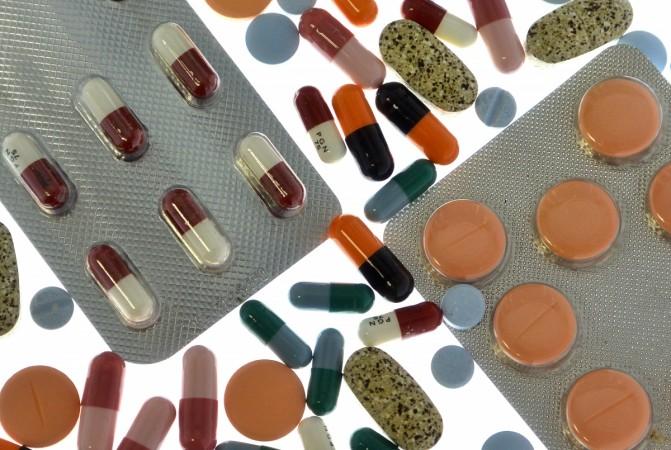
After facing flak for withdrawing custom duty exemption on over 70 drugs, including life-saving ones used for cancer and HIV treatment, the Finance Ministry restored exemptions on three drugs, which are used to treat hormonal disorder, growth failure and haemophilia, Wednesday, Feb. 17, 2016.
The Central Board of Excise and Customs issued a notification to include three drugs — Octreotide, Somatropin and Anti-Haemophilic Factor Concentrate (VIII and IX) — for exemption from customs duty, PTI reported.
Octreotide is used to treat hormonal disorder, besides symptoms of severe diarrhoea and flushing, caused by cancer. Somatropin is used to treat growth failure in children and adults who lack the natural growth hormone. It is also used to treat chronic kidney failure. Anti-Haemophilic Factor Concentrate (VIII and IX) are used to treat haemophilia, a genetic bleeding disorder involving a lack of functional clotting of blood.
This decision is understood to have come after consultations with the Ministry of Health and the Departments of Pharmaceuticals and Revenue, following an intervention by the Prime Minister's Office (PMO), according to the Hindu BusinessLine.
The medicines on which customs duty was imposed included those used to treat kidney stones, life-threatening heart-rhythm disorders, diabetes, Parkinson's disease, bone diseases and those in cancer chemotherapy and radiotherapy, as well as antibiotic to treat infections.
Drugs that are not exempted will attract customs duty at rates ranging from 5 percent to 22 percent.
The decision to withdraw the exemption was criticised as it might lead to a rise in prices of essential medicines. This was a major concern for categories that did not have many local producers. For instance, the Anti-Haemophilic Factor Concentrate has just two local producers and rest is imported largely from multinational Baxter. Supply of the product was already running short in several states and people with haemophilia were hopeful the PMO would step in to resolve the situation.
The government had defended its decision to remove customs duty exemptions saying the drugs were capable of being produced in India and such a move would promote domestic manufacturing of critical pharmaceuticals as part of the "Make in India" campaign.
Drugs used for bacterial infections, leukaemia, anaesthetic medication, human immunodeficiency virus (HIV) or hepatitis B virus cells, allergies, arthritis, lupus and ulcerative colitis were removed from the exemption list, which originally had about 300 drugs.

















